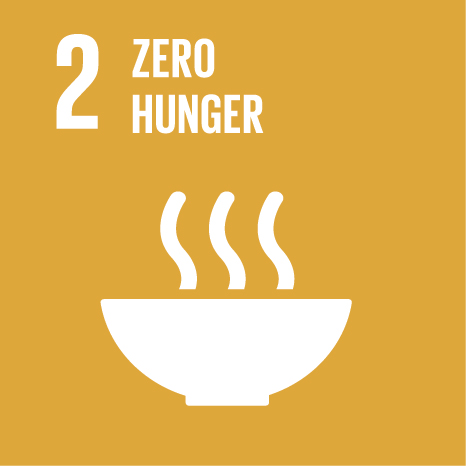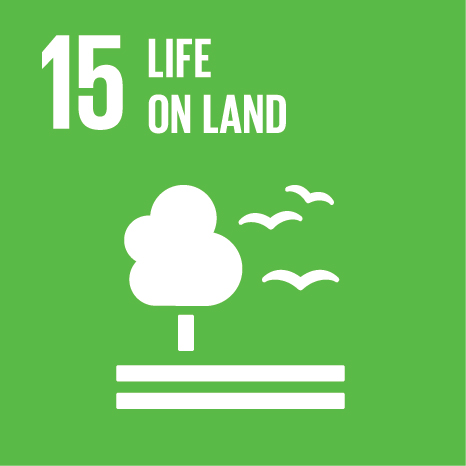Ciência_Iscte
Publications
Publication Detailed Description
Does China’s Belt and Road Initiative threaten food security in Central Asia?
Journal Title
Water
Year (definitive publication)
2020
Language
English
Country
Switzerland
More Information
Web of Science®
Scopus
Google Scholar
This publication is not indexed in Google Scholar
This publication is not indexed in Overton
Abstract
China’s Belt and Road Initiative (BRI) needs little introduction; the infrastructure investment will reconfigure development in Central Asia. As its origin story and initial encounter, Central Asia offers a prismatic lens to delve into the vital impacts and significant changes wrought by the BRI. In the dryland region, the BRI impact on watersheds and agriculture is a critical challenge with direct implications for food security. Framed by diverse research sources, we utilized spatial datasets from the European Space Agency Climate Change Initiative and the World Bank to explore the intersection of food production, water and development. Investigation evaluates the possible trade-offs that Chinese infrastructure investment can have on the communities and environment of Central Asia. The findings identify more than 15,000 km of rail and 20,000 km of roads linked to the BRI crisscrossing the region in 2018. Whilst these transport corridors have improved connectivity, many of these rails and roads traverse important agricultural and water zones, creating undetermined risks and opportunities. Land use change was examined within a 10-km buffer around BRI roads and rails from 2008 to 2018. Railways increased by 23% during this time, yet irrigated and rainfed agriculture decreased whilst urban areas markedly expanded. Contextual research identifies how Chinese policies may encourage agribusiness investment for food exports as possible disruptions to national and regional food supply. However, to date Central Asia provides [removed]300% in this time. Similarly, five times more livestock are traded within the region than to China. Evaluating infrastructure change is essential to understand BRI impacts on environments and societies, with the food-water nexus a particular concern in Central Asia. Limited Chinese imports of Central Asian agriculture suggests the region’s food security will not be significantly altered by the Belt and Road Initiative.
Acknowledgements
--
Keywords
Central Asia,Belt and Road Initiative (BRI),Agriculture,Food security,Water-food nexus
Fields of Science and Technology Classification
- Earth and related Environmental Sciences - Natural Sciences
- Social and Economic Geography - Social Sciences
Funding Records
| Funding Reference | Funding Entity |
|---|---|
| ES/S000798/1 | UK's Global Challenges Research Fund (GCRF) |
| 19H04362 | JSPS KAKENHI |
Contributions to the Sustainable Development Goals of the United Nations
With the objective to increase the research activity directed towards the achievement of the United Nations 2030 Sustainable Development Goals, the possibility of associating scientific publications with the Sustainable Development Goals is now available in Ciência_Iscte. These are the Sustainable Development Goals identified by the author(s) for this publication. For more detailed information on the Sustainable Development Goals, click here.

 Português
Português




